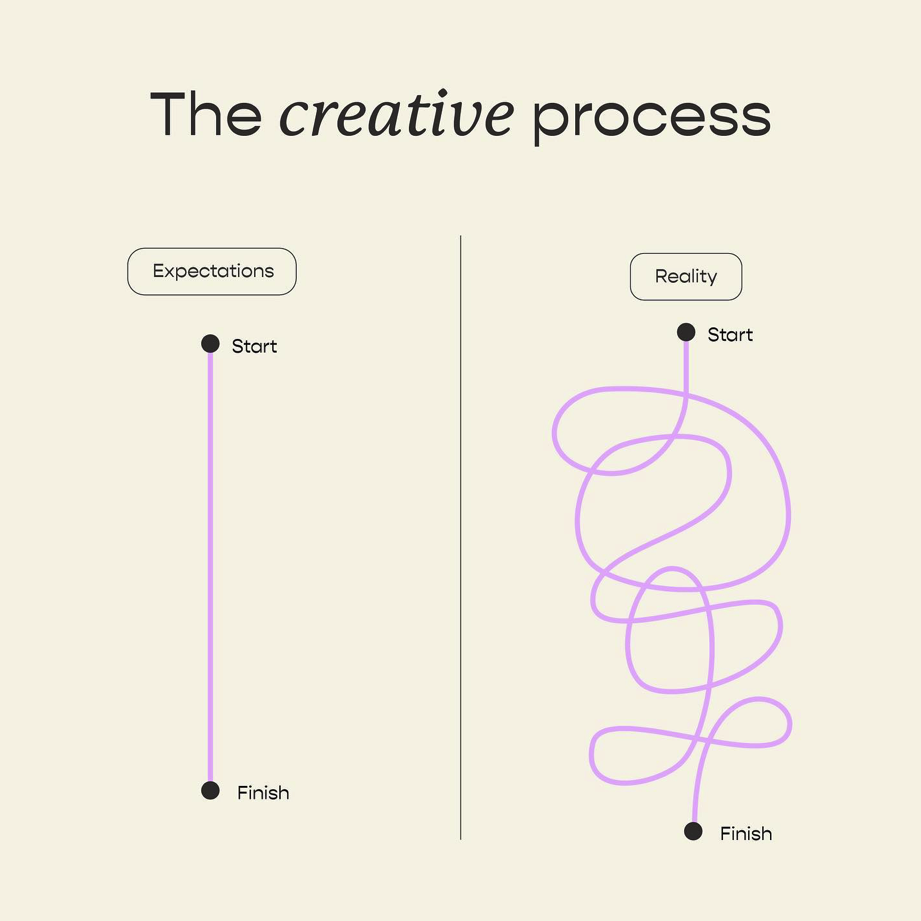After the last day of JCK, I found myself having a (very) late night conversation with a few trusted co-workers and colleagues. We were talking about show follow up, particularly for one big opportunity, and I was asked about next steps.
Now I’m not going to lie, it had been a very long week and more than a few drinks had been consumed by this point. And my answer… well it was even less concise than my usual verbose nature. I was gently, but firmly, called out by a trusted colleague for spinning rather than answering the question. They then asked me directly again, what are the next steps. And again, I struggled to give a clear answer.
I assumed my friend was right. That, at least in that moment, I was (for lack of a better phrase) full of it. But the more I’ve thought about that conversation (and I’ve thought about it a lot), I don’t believe it’s the case. I wasn’t just tossing out buzzwords to stall (although who amongst us has not leaned on that tactic). I was trying to lay out a path to figure out the right solution, rather than just providing an easily understood answer I didn’t believe would work.
If I had to nail down one thing that causes more digital initiatives to fail than any other, it’s trying to lock into an answer too quickly. It doesn’t make me very popular when I say this at sales meetings, but magical solutions to complicated problems are almost always wrong. Digital success and innovation tend to be far less linear and far less intuitive than we like to believe.
The answer to complicated challenges, well… they’re often complicated. Much as you need the C-level friendly pitch to get buy-in, be careful. Early “answers” tend to be unrealistic and unsuccessful, despite being far easier to understand (and theoretically easier to implement).
If you’re trying to solve a small-to-moderate technical issue, you can get to an answer quickly. If you’re looking to do anything meaningful, starting with an answer is often premature. Everyone’s energy is much better spent getting a better understanding of the challenges while starting to develop some early assumptions. While far less appealing, this approach has a far greater success rate.
The real answer is almost always discovered along the way, so focus on creating a path to find it. Continue to clarify and simplify your thinking, empower your team to take chances, understand that things will need to evolve (or possibly even change), and mercilessly examine progress at every step along the way. It's the only way I’ve seen teams find viable solutions to meaningful challenges.
And maybe, just maybe, don’t try to find the answer after a late night in Las Vegas. But that’s probably more a note to self than anything else…
Side Note: Want a little more inspiration? Here’s a great TED Talk from the band OK Go where they share how it doesn’t really feel like they think up their ideas, it feels like they find them. And if you haven’t seen their music videos, it’s a worthwhile rabbit hole.
